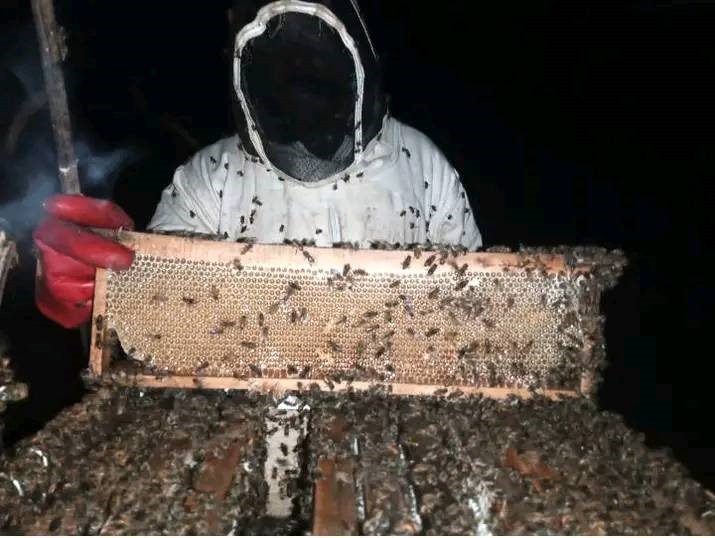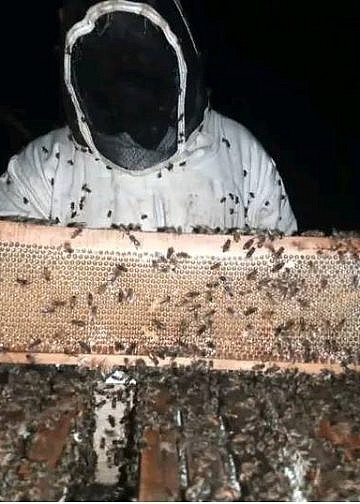Qualcomm Incorporated has announced the shortlisted startups for Qualcomm Make in Africa 2025.
The Qualcomm Africa Innovation Platform, now in its third year, supports the development of Africa’s deep technology ecosystem by providing mentorship, and technical, business and IP training programs with a focus on 5G, Edge-AI/ML, Compute, and IoT.
This year, Qualcomm received 435 applications from 19 countries.
The 2025 cohort will receive free hardware platforms, mentorship, business coaching, engineering consultations for product development and guidance on intellectual property protection.
Startups are also eligible for stipends and the 2025 Wireless Reach Social Impact Fund.
The selected startups for 2025 are:
- Aframend, Nigeria: AI-driven drug discovery using African phytochemicals.
- AmalXR, Tunisia: AI-powered virtual reality rehabilitation.
- Archeos, Benin: Solar/IoT pisciculture automation.
- ClimatrixAI, Nigeria: AI-driven hyperlocal flood risk prediction and monitoring.
- Ecobees, Tunisia: AI-based beekeeping for hive health.
- Edulytics, Senegal: AI-based mobile liver fibrosis detection.
- Farmer Lifeline, Kenya: Solar-powered AI robots for crop pest and disease detection.
- Pixii Motors, Tunisia: Electric scooter with AI/IoT battery optimization.
- Pollen Patrollers, Kenya: AI/IoT-based pollination for hive health.
- Solar Freeze, Kenya: Solar-powered IoT cold storage.
Qualcomm said one startup will receive the Social Impact Fund through its Wireless Reach Initiative for innovative use of wireless technology to address community needs. The other nine will receive stipends to support their growth.

Qualcomm also highlighted the L2Pro Africa intellectual property e-learning platform, a free online training program created with Adams and Adams, an African IP law firm. The platform helps startups, small and medium-sized enterprises (SMEs) and researchers protect their innovations. Its content includes filing procedures for patents, industrial designs and trademarks in several African countries and regional patent organizations. More than 135 African students have enrolled, and some alumni from previous Qualcomm Make in Africa cohorts have begun patenting inventions.
“This year’s cohort of deep technology startups underscores Africa’s burgeoning innovation landscape,” said Wassim Chourbaji, senior vice president and president of Qualcomm MEA and senior vice president of government affairs EMEA. “By leveraging Qualcomm’s cellular, internet of things and edge AI technologies, these startups are positioned to revolutionize agriculture, sustainability, climate change, transportation and health care.”
John Omo, secretary general of the African Telecommunications Union (ATU), added, “Innovation is the engine of Africa’s future, and it is clear the 10 startups in this year’s cohort exemplify its power.” He urged governments, academia, investors and industry to support these ventures.




































